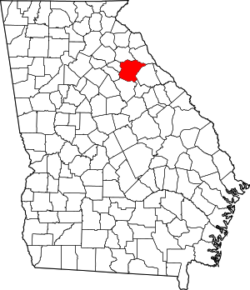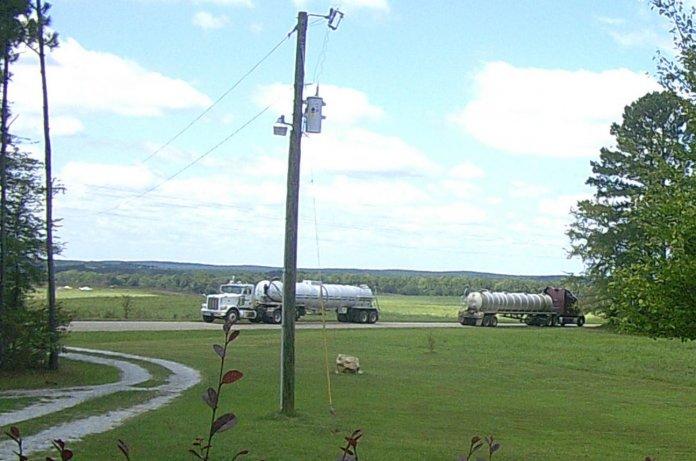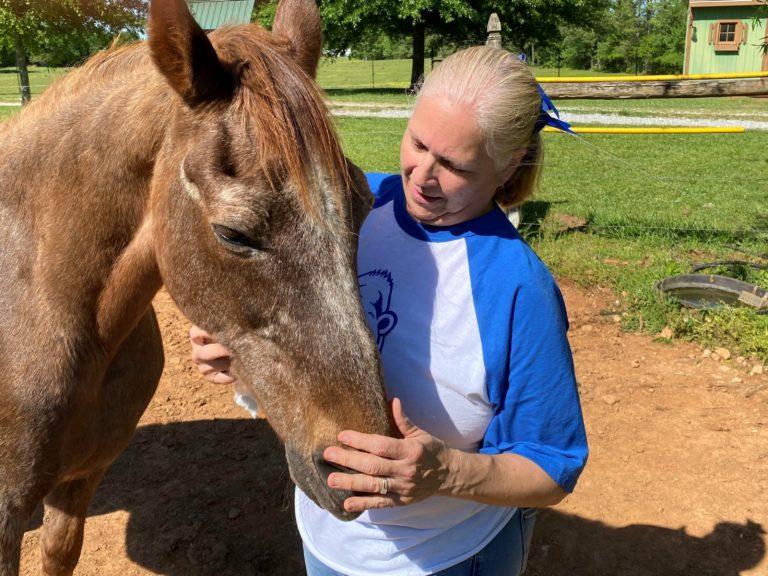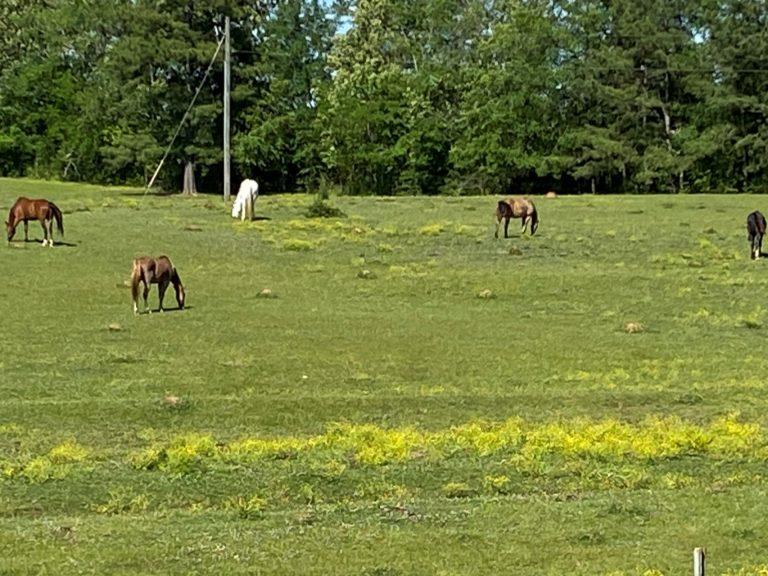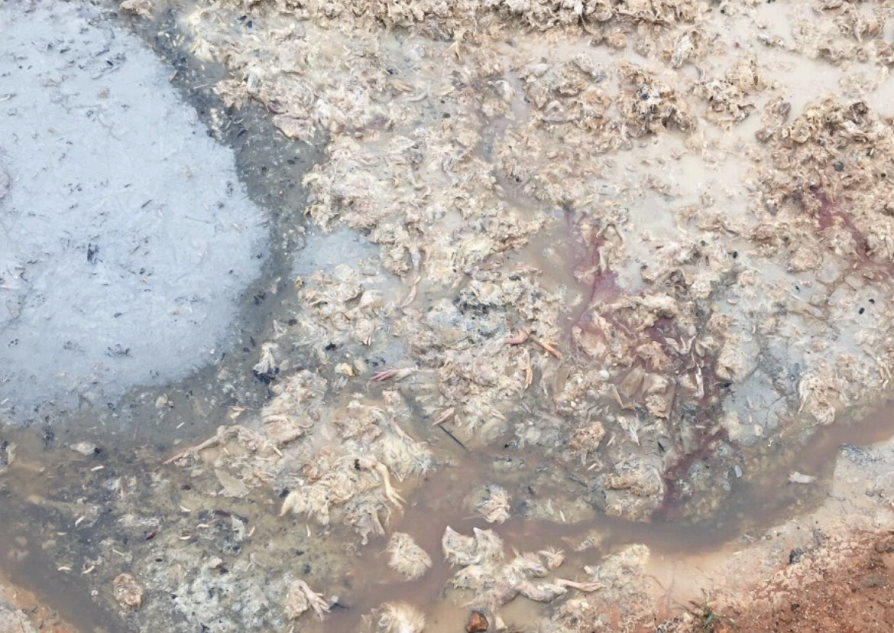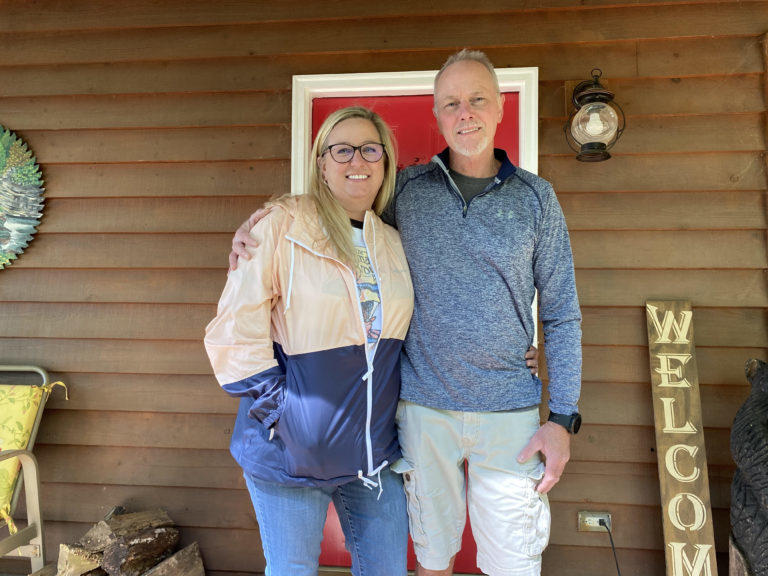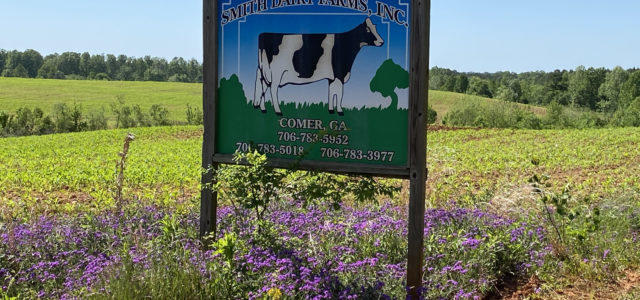
Caption
Blanton and Adair are among a group of plaintiffs suing Smith Dairy Farms, Smith Land & Cattle Co. and Jeff Smith, the owner, alleging violation of state laws, negligence, contamination of their well water, and various harmful health effects.
Credit: Andy Miller/Georgia Health News
